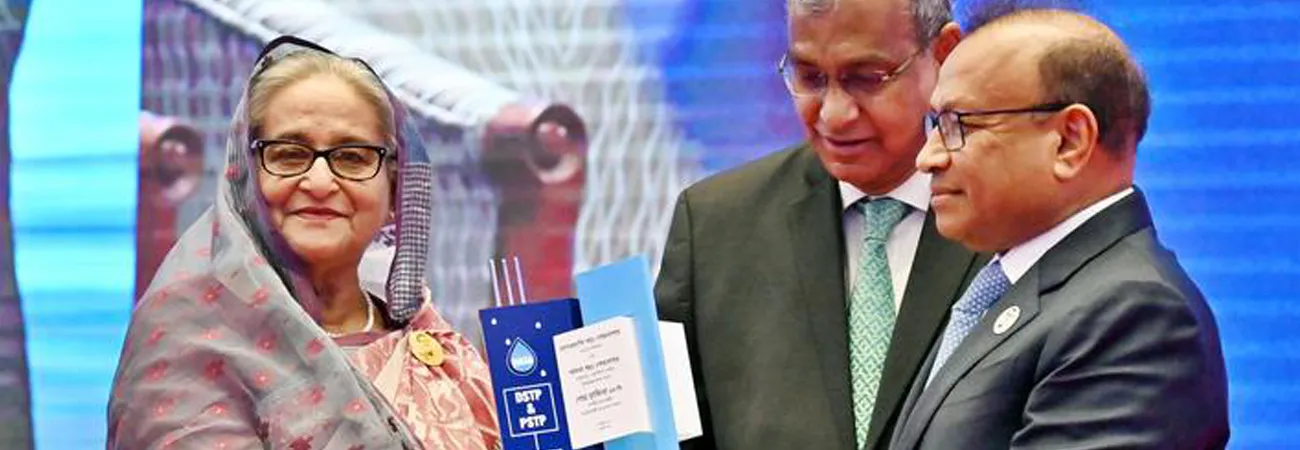XINHUA-PAKISTAN SERVICE
BEIJING, Dec. 27 (China Economic Net)- A ceremony of presenting 200 sets of King Gesar, an epic story of the East, to Pakistan by China’s Sichuan Publishing Group was held in Tsinghua University as a token of the deep-rooted historical cultural ties between the two countries. Ambassador H.E. Naghmana A. Hashmi, chief guest of the event said she would present the precious collection to the National Library of Pakistan.
Due to geographic proximity, the culture, language, lifestyle and architecture of people living in Baltistan of northern Pakistan are similar to those of the Tibet ethnic minority in China. King Gesar is a hero worshiped by Tibetan, as well as the Baltistan people. It is said that Baltistan has passed down the Gesar tradition from the history, and some local villagers can still sing "King Gesar" in its full lyrics even now.
The ambassador said, “Even before it was built in early 1950s, Khunjerab Pass was a popular route for trade and exchanges of culture and religion between northern Pakistan and Xinjiang, China.” The people of Baltistan used to connect with the Tibetan through the Pass. She continued, “if you go to Baltistan, you could still see similar ethnic groups with Tibetan, and even (hear) similar dialect.”
The Epic of King Gesar got published in more than 100 Tibetan versions in China, and the “Gesar epic tradition” was included in Lists of Intangible Cultural Heritage by UNESCO in 2009.
Preceding the ceremony, Ms Hashmi delivered a lecture titled “Pakistan: The land of Sufis, Mountains, Valleys, and Deserts”, in an endeavor to share the core spirit of Pakistan and its people. She provided deep analysis of the unique geographic presence of Pakistan, explained the concept of Sufism that shape the characteristics of Pakistani and presented a comprehensive image of the magnificent landscape, as well as economic status quo of all the provinces of Pakistan.
“Today’s Pakistan is a country in rejuvenation, rebirth, and a land full of hope,” the ambassador mentioned, because excellent young people with knowledge and expertise are taking the tide, and especially, the backbone of the Pakistani characteristics “Sufism” that contains tolerance, love, understanding and humanism, is leading the nation forward.
“We are not fundamentalists through history, and it is such basic spirit of Pakistan that has made it the only country in the world to have fought the scourge of terrorism.” The ambassador pinpointed.
To provide the audience with a more perceptual vision of Pakistan, Ms. Hashmi displayed representative images of each province of Pakistan, from the magnificent mountains and glaciers to the breathtaking vast seas and azure blue lake, from the development of the primitive agriculture to the emerging industries... It can be said that every one in the lecture was impressed by such inclusive and in-depth presentation of a country that no one would leave and say that Pakistan is not a beautiful place full of hope.
Regarding the China-Pakistan Economic Corridor, the ambassador said, the first phase of CPEC has laid a solid foundation in terms of infrastructure and energy, and the second phase would focus on economic zones and social welfare. She invited Chinese friends and international ones to relocate industries, set up joint-ventures or invests in Pakistan.
Hailing Belt and Road Initiative as a route of peace and connectivity, the ambassador advocated for the proper settlement of Afghanistan issue to maintain a peaceful environment for the west border of Pakistan, as well as peace and development for the region.
The event was hosted by Prof. Li Xiguang, Director of Pakistan Culture and Communication Center, and participated by scholars, teachers and students from different countries in Tsinghua University.





